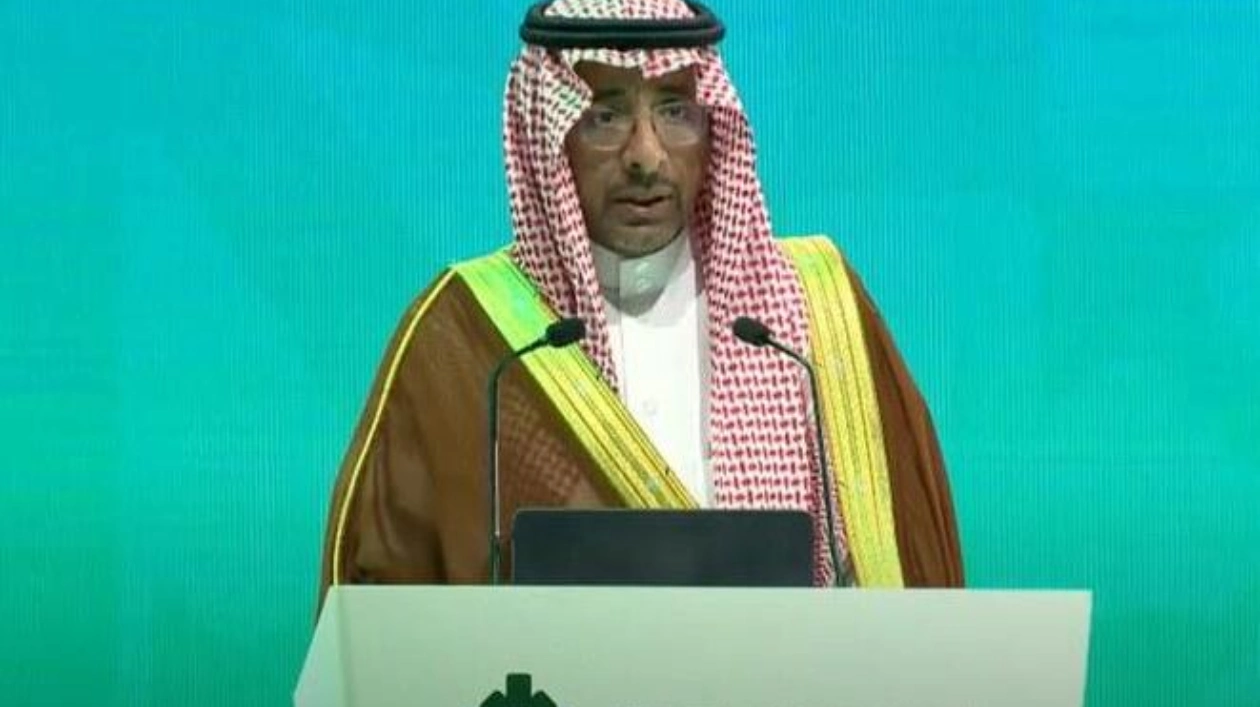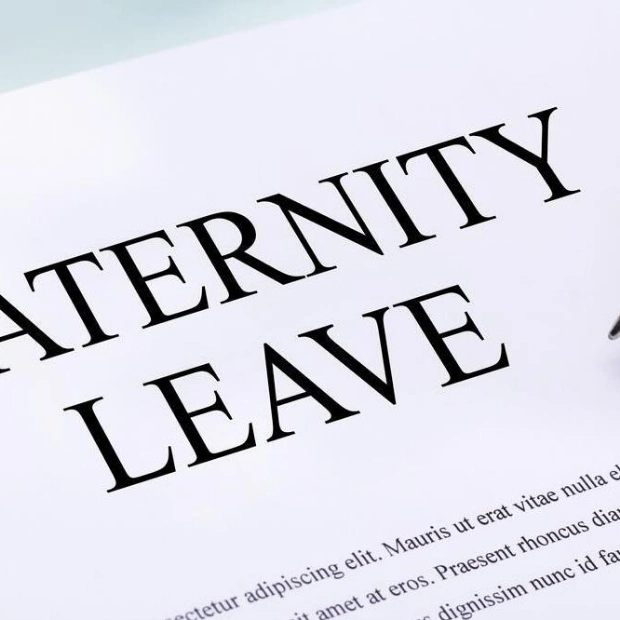RIYADH: A top Saudi official has cautioned that isolated industrial policies could result in supply chain disruptions and sectoral fragmentation.
Speaking at the two-day Multilateral Industrial Policy Forum in Riyadh, Minister of Industry and Mineral Resources Bandar Alkhorayef emphasized the need for international collaboration to achieve industrial goals and create job opportunities.
The second edition of the MIPF coincides with the Kingdom's efforts to implement its National Industrial Strategy, aimed at attracting investment, diversifying the economy, and boosting GDP and non-oil exports.
"We share common goals. We must enhance resilience, national security, build competitive advantages, and prepare for future jobs driven by rapid industrial transformation. No country can achieve these global objectives alone. International partnerships and deep cooperation across sectors are vital," Alkhorayef stated.
He added, "However, forming these partnerships is becoming more challenging as isolated industrial strategies can lead to further fragmentation and instability in the global supply chain, undermining growth opportunities."
Alkhorayef highlighted the government's role in nurturing the industrial sector by strengthening human capital and developing regulations that encourage innovation and investment in both physical and digital infrastructure.
"By aligning our policies and fostering synergy, we can complement each other's strengths, create resilience through change, and open new market opportunities. We can also learn from each other's best practices and address common challenges to build a stronger industrial landscape," the minister said.
He noted that Saudi Arabia's industrial sector has significantly transformed, becoming more diverse with increased opportunities for private entities and SMEs.
"This evolving landscape fosters research, development, and innovation, ensuring sustainable sector growth," Alkhorayef added.
During the same event, Energy Minister Prince Abdulaziz bin Salman warned that geopolitical tensions are posing significant challenges to the global economy, potentially affecting the supply chain.
He noted that developing nations are more susceptible to supply chain issues than developed countries.
"I believe the least developed nations will be the biggest victims of these supply chain issues," the energy minister said.
Prince Abdulaziz also highlighted Saudi Arabia's sustainable industrial advancement journey and the measures taken to ensure a green future.
"We are engaged in various initiatives, including carbon capture, gas, and renewables. We are doing everything to reduce greenhouse gas emissions, which will help achieve sustainability and enhance energy system resilience while supporting the National Industrial Strategy," he said.
He added that the Kingdom is developing policies and regulations instrumental in new energy sectors, such as clean hydrogen, and improving energy efficiency and feedstock utilization in energy-intensive sectors.
Gerd Muller, Director General of the UN Industrial Development Organization, emphasized that global challenges like population growth and food scarcity can only be addressed through sustainable industrialization.
"Industry is not the problem; it is a key part of the solution to achieve our sustainable development goals. Sustainable industrialization is essential for job creation, economic growth, and fighting poverty. It provides answers to the challenges of a growing population and increasing food and energy demand," Muller said.
He added that the second edition of MIPF focuses on sharing solutions rather than just highlighting challenges.
Muller underscored the importance of a robust and transparent industrial strategy in every country to accelerate sustainable progress.
"A clear industrial strategy is a framework for investments, political and legal stability, and peace. Significant investments are necessary over the next decade in infrastructure, technology, and education. Without investments, there is no industrialization," he said.
Lauding Saudi Arabia's green initiatives, Muller noted that the world needs innovative solutions to foster economic growth while maintaining lower emissions.
"We need a green transition in industry, energy, and agriculture, promoting decarbonization and carbon capture technologies, investing in renewable energies like green hydrogen, and advancing the circular economy," Muller concluded.
Source link: https://www.arabnews.com






